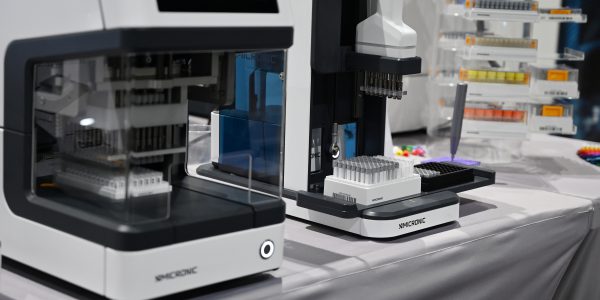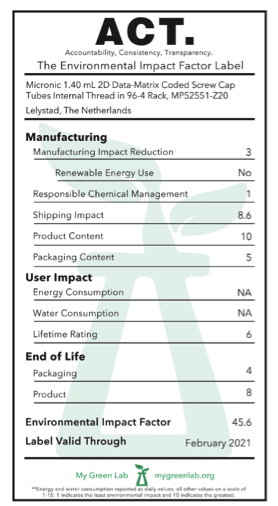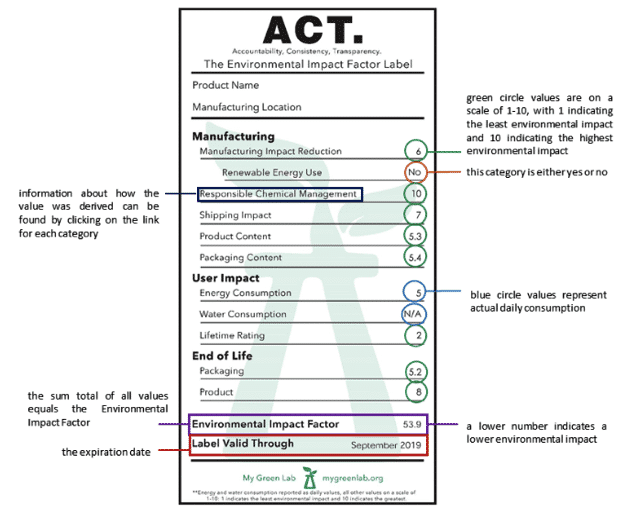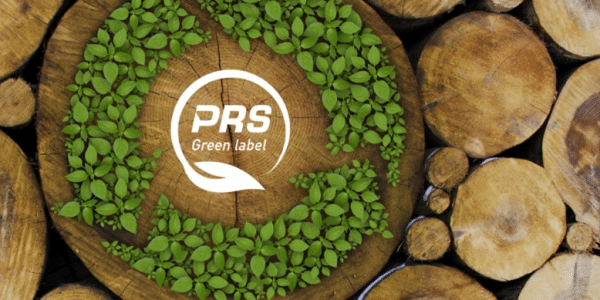

The ACT label: “Green” purchasing by labs is a reality
Approximately 5.5 million tons of plastic waste are produced every year in life sciences laboratories alone. In the age of global waste pollution and the ubiquity of plastic in the world around us, this is definitely too much. It can’t all be changed, but improvements are possible in some areas. For example, the opportunity to reduce the environmental impact of labs through smarter purchases is tremendous. The ACT label is the first environmental impact factor label for laboratory products, developed by the non-profit My Green Lab. ACT—which stands for Accountability, Consistency, and Transparency—is designed to provide critical information on the environmental impact of laboratory products.
The criteria for the ACT label, also known as the Environmental Impact Factor (EIF) criteria, were developed with industry input. Scientists, sustainability directors, procurement specialists, and manufacturers provided valuable feedback on the EIF criteria, resulting in the most comprehensive product labeling program for life science products.
What is the added value of the ACT label?
In order to help a potential purchaser make an informed decision about a product’s environmental impact, manufacturers like Micronic participate in My Green Lab’s program. Being part of the program manufacturers offer product transparency and sustainable procurement to the laboratory community. For instance, the ACT label for the Micronic 1.40ml and 4.00ml tubes makes sustainability a feasible purchasing choice for laboratories. ACT labels provide guidance and enable comparison of similar products and ultimately more informed purchasing decisions. Reading the ACT label is simple: the lower the score, the lower the impact on the environment in terms of manufacturing, energy and water use, packaging, and end-of-life.



